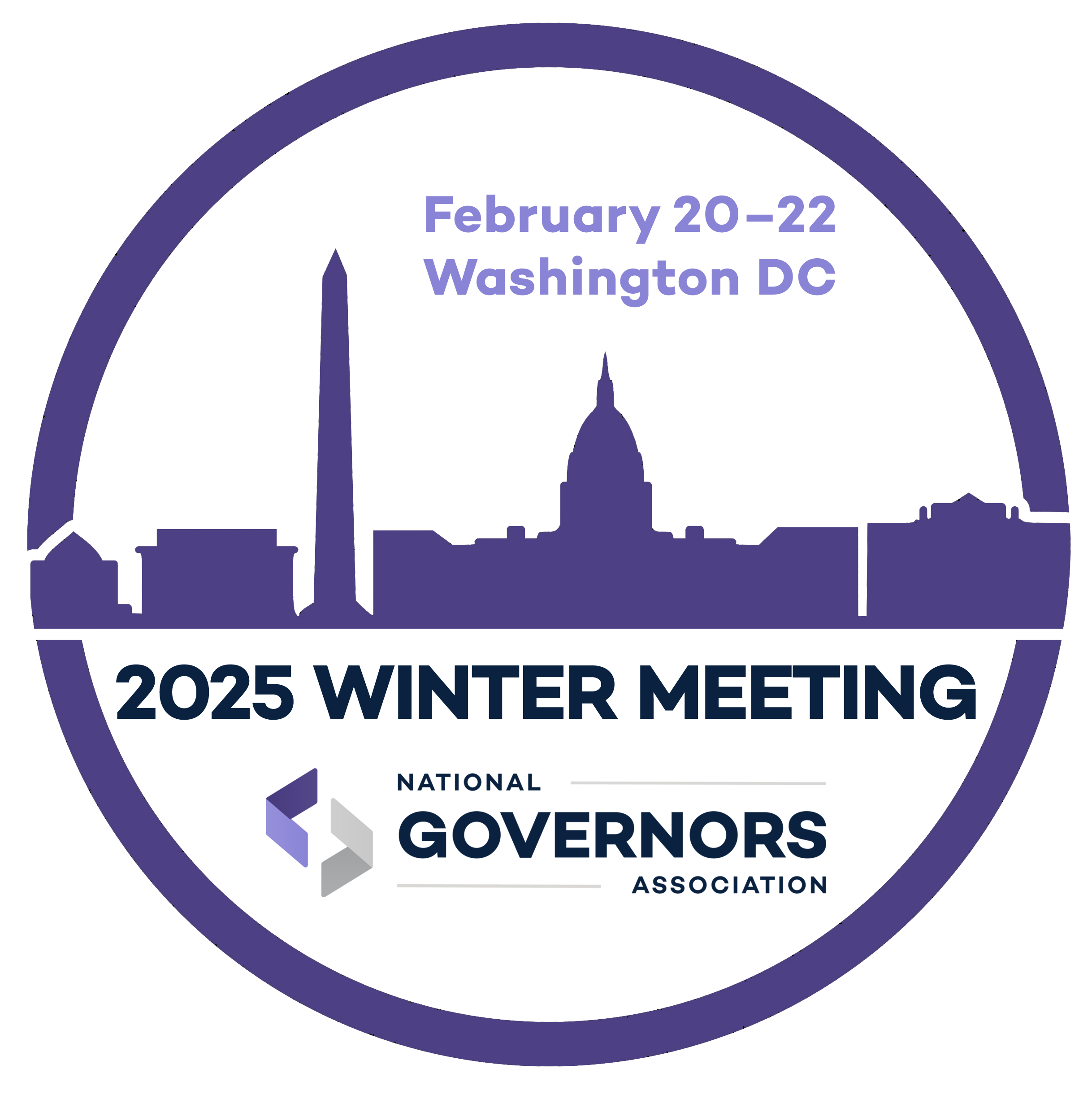WASHINGTON—The National Governors Association (NGA) today released recommendations to Congress and the Administration calling for action to bolster the federal response to the opioid crisis.
“The opioid and heroin epidemic knows no boundaries, and governors across the country are keenly aware of the challenges it poses for our communities and the growing need for comprehensive, bipartisan solutions to help end the epidemic,” said Massachusetts Gov. Charlie Baker, chair of the NGA Health and Human Services Committee. “The recommendations the National Governors Association is releasing today build on existing efforts to increase federal funding and access to treatment, improve training and education standards, and offer more flexibility for states and providers.”
The recommendations reflect the input of governors across the country and build on prior NGA recommendations released in 2016. Governors have long been working on the front lines of the opioid crisis, implementing a range of bold public health and public safety strategies. While states have seen progress through those efforts, additional federal support, partnership and flexibility are essential to turn the tide on the epidemic and save lives.
Governors’ Recommendations for Federal Action to End the Nation’s Opioid Crisis outlines several key areas where federal action is critical, including:
- Increased federal support to states, with flexibility to meet communities’ needs;
- Improved coordination across federal agencies;
- Federal training and education requirements for opioid prescribers;
- Statutory flexibility for state Medicaid programs to provide the full continuum of evidence-based treatment;
- More flexibility for providers to prescribe medications to treat opioid use disorder;
- Additional training and technical assistance to facilitate data and information sharing across public health and public safety; and
- Enhanced federal support for justice-involved populations, including the option for state Medicaid programs to cover substance use and mental health services prior to conviction and up to 30 days prior to release from prison or jail.
“Opioid addiction deeply affects entire communities, not just addicted individuals. The ripple effect devastates family members, friends and colleagues, and inundates our health care providers, law enforcement officers and social workers,” said Oregon Gov. Kate Brown, who is the vice chair of NGA’s Health and Human Services Committee. “It is our responsibility to fight for both individuals and communities across the country to get the help they need in order to heal from this crisis.”
In February, governors will gather for their annual Winter Meeting in Washington, D.C., where they will devote a session to the opioid epidemic.
To learn more about the NGA Health and Human Services Committee, click here.













